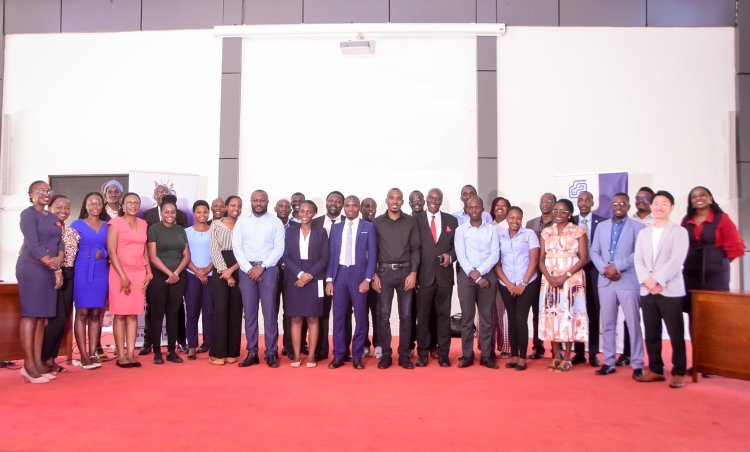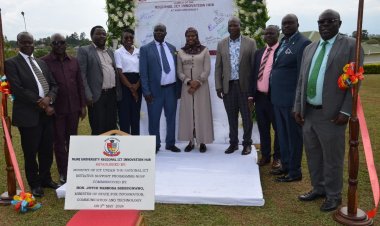Ministry of ICT Engages Experts to Enhance Intellectual Property Guidelines in the ICT Sector

The Ministry of ICT and National Guidance (MOICT & NG) in Uganda is taking proactive steps to bolster innovation and economic growth through the formulation of Information Technology (IT) Intellectual Property (IP) guidelines.
These guidelines are pivotal in nurturing innovation, creativity, and economic development by safeguarding the rights of innovators and fostering a conducive environment for knowledge-sharing.

In an effort to refine and optimize these guidelines, the Ministry convened an expert review engagement.
The objective is to tailor the guidelines to Uganda's unique context, thereby bolstering the country's socioeconomic development and global competitiveness.
With Uganda's ICT sector largely driven by private enterprises, the emergence of various sub-sectors underscores the need for robust IP protection mechanisms.
Previously, Uganda's support for local ICT applications and innovations was limited, resulting in a reliance on imported solutions.
However, initiatives like the National ICT Initiatives Support Program (NIISP) and legislative measures have paved the way for increased investment in indigenous technology development and IP protection.
The ICT IP guidelines aim to fortify the legal protection of innovations owned and funded by MOICT & NG.
They delineate frameworks for IP management, commercialization, procurement of digital assets, and funding towards innovation development.
The guidelines emphasize equitable IP ownership and responsible disposal of government-owned IP, ensuring a balance between innovation and accessibility.
Christopher Yikii, Senior ICT Officer at MOICT, highlighted the Ministry's mandate in providing strategic leadership and coordination in the ICT sector.
He emphasized the mission to enhance ICT infrastructure accessibility, communication of government policies, and the promotion of a national ideology for socioeconomic transformation.
Yikii underscored the paramount importance of intellectual property in fostering innovation and driving economic growth. He emphasized the ethical dimensions surrounding IP enforcement and called for a nuanced approach in balancing the interests of innovators with societal benefits.

































